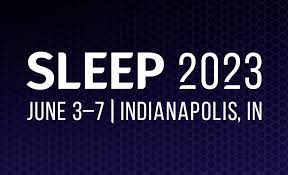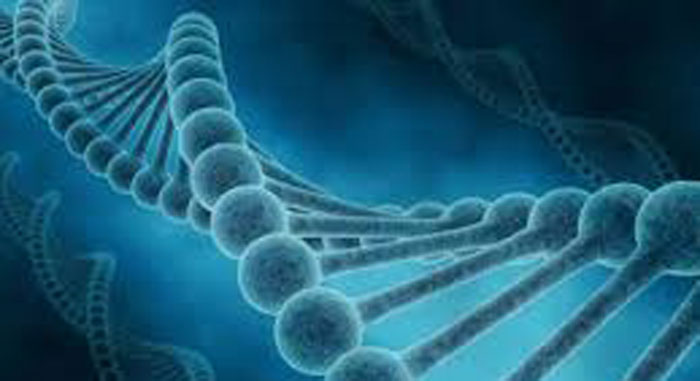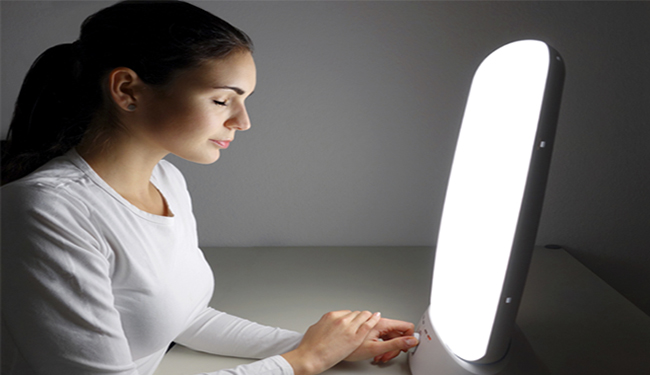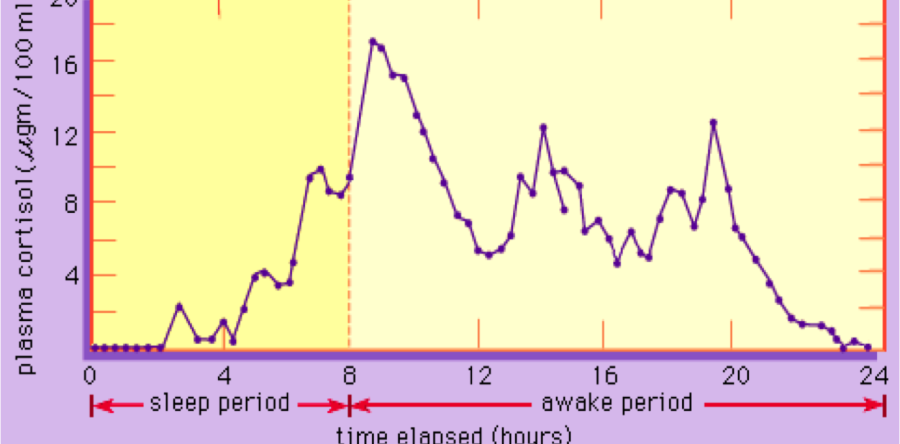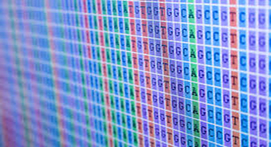In June, 3,500 sleep professionals converged on Indianapolis to learn about the latest research on sleep and sleep disorders at the SLEEP 2023 conference. I was invited to present a talk about Delayed Sleep Wake Phase Disorder (DSPD) on a patient advocacy panel entitled: Delay in Diagnosis: How Health Disparities, Lack of Awareness, and Payer Policies Ultimately Impact the Patient. It was organized and hosted by Dr. Raman Malhotra, a sleep specialist and past president…
More
Patient Advocate Panelist at SLEEP 2023
August 27, 2023
